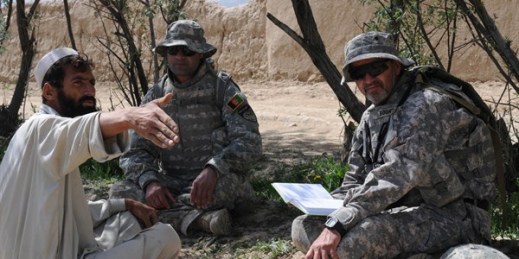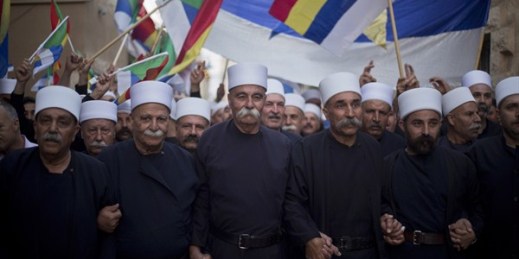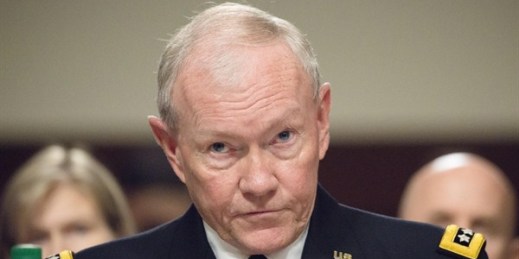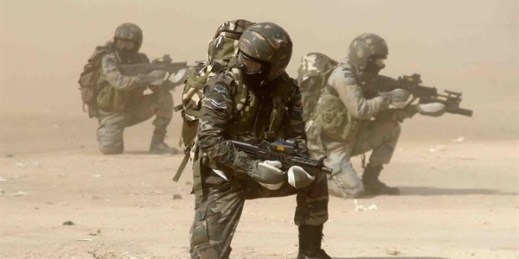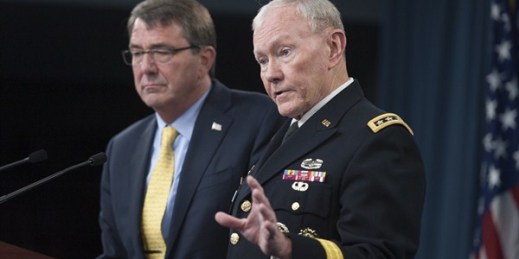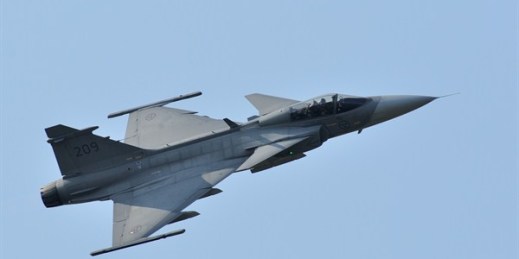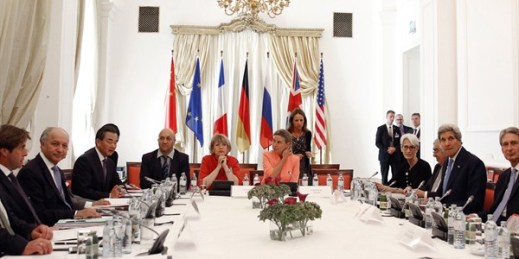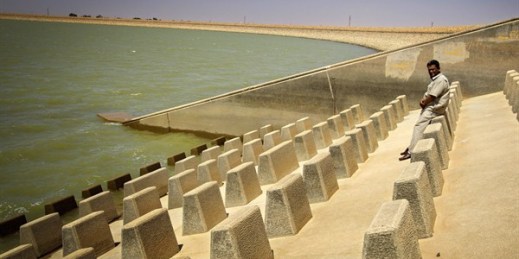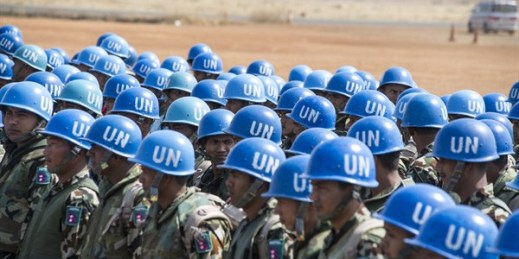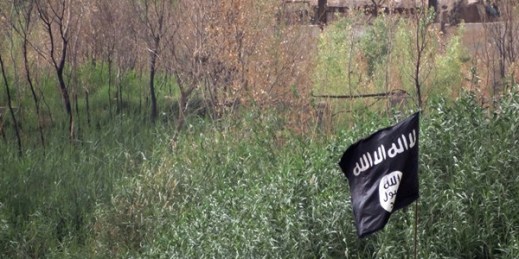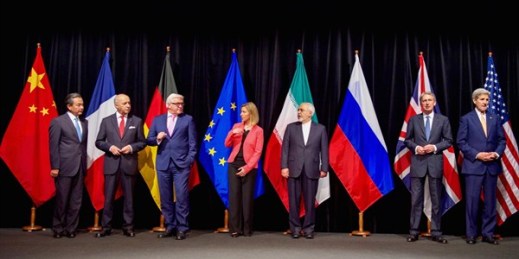
After 20 months of negotiations, which came down to the wire over 18 straight days in Vienna, Iran and six world powers, led by the United States, reached a deal Tuesday to curb Iran’s nuclear program for more than a decade in exchange for lifting sanctions that have crippled the Iranian economy. All U.S. and European Union nuclear-related sanctions will be suspended after international inspectors have verified that Iran is abiding by its commitments. According to The New York Times, “the United States preserved—and in some cases extended—the nuclear restrictions it sketched out with Iran in early April in Lausanne, […]

